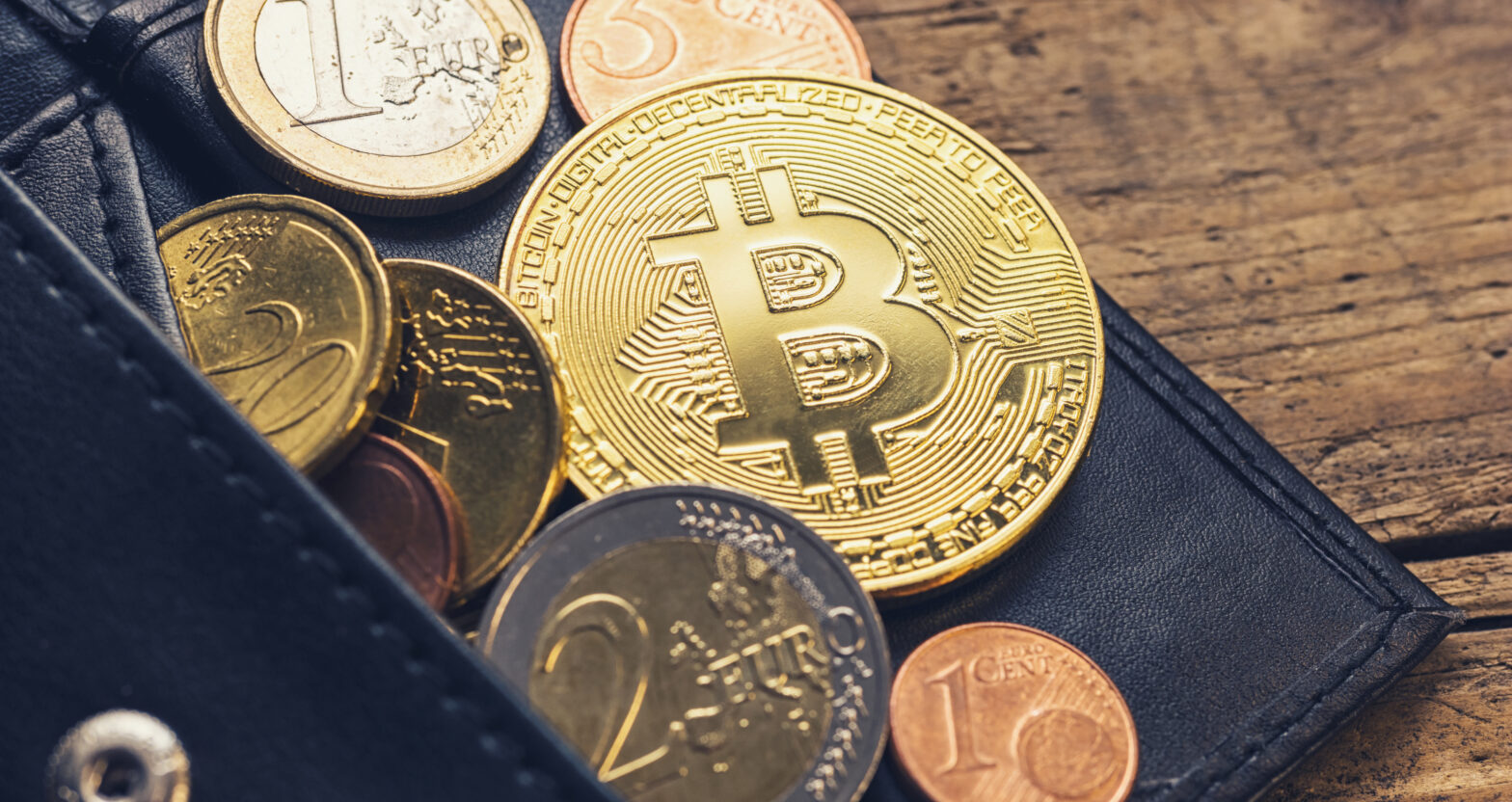It is good news that Bitcoin, a digital and decentralised mode of payment has gained popularity.
This type of payment option is steadily replacing common online methods of money transfers and payments. Many people around the world, are sending, receiving and trading Bitcoins. The concept is more secure in itself since each transaction has its own unique code and keys, specific to that particular transaction. When trading BTCs, there is specialised software that you will need, to mine a coin or two coins into your wallet.
>See also: The best Bitcoin apps
When explaining about Bitcoin mining, previous transactions and all new transactions and activities between peers are stored as a blockchain. Since many people are trying to mine, you will need high-end computers to have a preference for every new transaction. Simply, your computer is able to complete new transactions faster than ordinary machines. You will receive commissions from these transactions, which cumulatively add up to make up one BTC.
The safety of your bitcoins
Like modern currency, bitcoins are valuable and will need to be secured and kept safe. However, because it is difficult to get one coin with time or else mine one BTC at a time, they are vulnerable.
Additionally, due to the fact that every transaction is conducted online, it makes BTC even more vulnerable and susceptible to hackers.
>See also: How to Buy Bitcoin Guide in 2017
With rising technology, many people are now able to bypass security features and hack into storage sites. There have been numerous hacking incidents that have been reported, where BTC owners have woken up with zero bitcoins in their sites. However, there’s a solution to every pitfall, Bitcoin Wallets are secure storage devices and sites for BTCs.
Understanding the basics of bitcoin wallets
Bitcoin wallets have been used as storage spaces for BTCs and other cryptocurrencies. Generally, wallets are used to provide unique security codes and specific keys that are used to complete and authorise transactions using BTCs. Each wallet has its own specific identity, and there are no chances for duplicates. Once you subscribe to a BTC wallet from a provider, you will be provided with a unique address, where you will be sending and receiving BTCs to and from your peers.
There are different types of wallets available today, thanks to the advancing technology.
>See also: A how-to-guide: payment for development services with cryptocurrency
Similarly, there are hundreds of Bitcoin wallet providers available. Basically, there are two types of wallets; Internet-connected wallets and Hardware wallets. Each of these provides different functionality and convenience depending on specific user needs. However, Internet-connected types are less secure. Therefore, it is advisable to store little BTC amounts in internet wallets. Unless of course, you are using one of the best bitcoin wallet providers.
Each Bitcoin wallet will come with different tools of functionality depending on your wallet provider. With these tools, you will be able to perform a variety of tasks like sending, receiving, or trading your BTCs.
Some wallets offer storage of multiple cryptocurrencies, thus enabling users to exchange Bitcoins with other cryptocurrencies such as Verge, Ethereum, Dodgecoin, Ripple and others. You will, therefore, need to choose a wallet that serves your needs in an easy, simple
and convenient manner.







